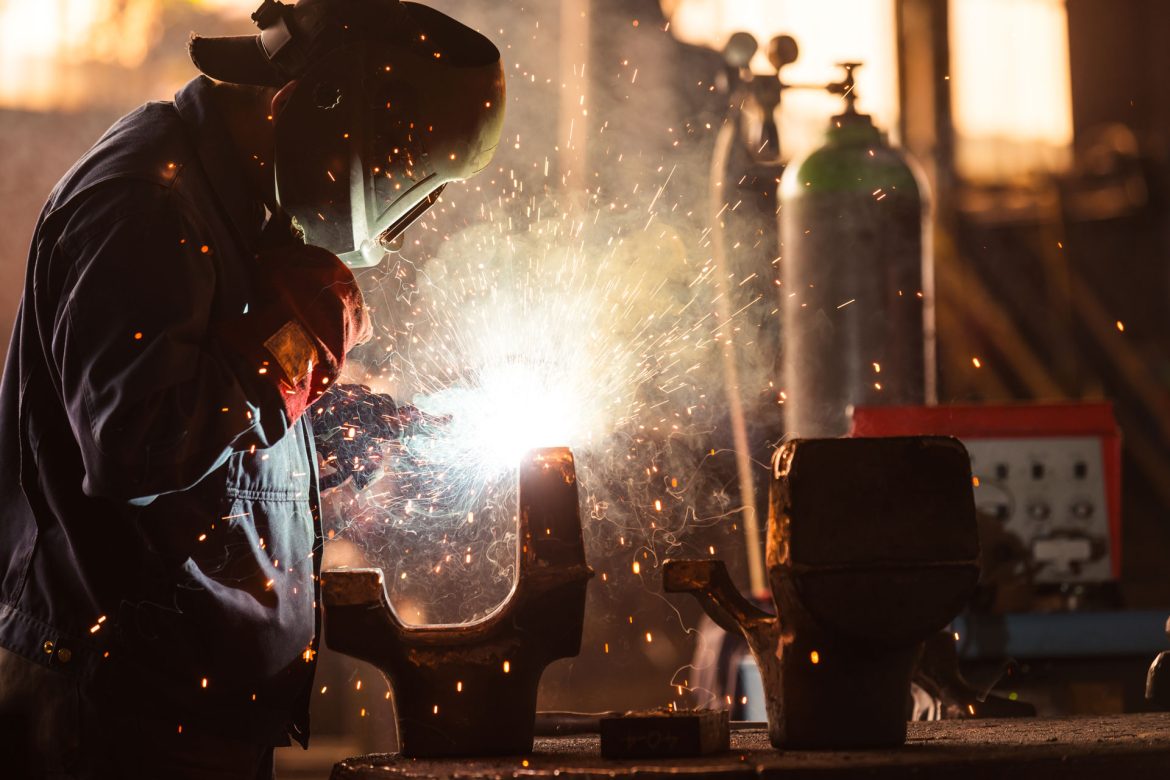Safety and environmental considerations are paramount in the welding profession, ensuring the well-being of workers and minimizing adverse impacts on the environment. Welding operations involve various hazards, including heat, fumes, gases, electric shock, and fire, making safety protocols essential to protect welders and those in the surrounding area.
Personal protective equipment (PPE) is crucial for welders to prevent injuries and exposure to hazards. This includes welding helmets with protective lenses to shield the eyes from intense light and sparks, flame-resistant clothing to protect against burns and sparks, gloves to safeguard the hands from heat and sharp objects, and respiratory protection to filter out harmful fumes and gases.
 Ventilation systems are essential for controlling welding fumes and gases, which can contain hazardous substances such as metal oxides, ozone, and nitrogen dioxide. Local exhaust ventilation (LEV) systems capture and remove contaminants at the source, while general ventilation systems ensure adequate airflow in the work area. Proper ventilation helps maintain air quality and protects workers from respiratory illnesses and long-term health effects.
Ventilation systems are essential for controlling welding fumes and gases, which can contain hazardous substances such as metal oxides, ozone, and nitrogen dioxide. Local exhaust ventilation (LEV) systems capture and remove contaminants at the source, while general ventilation systems ensure adequate airflow in the work area. Proper ventilation helps maintain air quality and protects workers from respiratory illnesses and long-term health effects.
Welding equipment should be inspected regularly and maintained in good working condition to prevent malfunctions and accidents. Electrical safety measures, such as grounding the welding machine and using insulated cables, are essential to prevent electric shock and fires. Safe work practices, including proper storage and handling of compressed gases and flammable materials, further reduce the risk of accidents and injuries.
In addition to worker safety, environmental protection is a critical consideration in welding operations. Welding fumes and gases can contribute to air pollution and pose risks to the environment and public health. Employing emission control technologies, such as fume extraction systems and filters, helps minimize emissions and comply with regulatory requirements.
Proper waste management is essential for handling welding by-products, such as slag, spatter, and contaminated materials. Recycling and disposing of waste responsibly reduce environmental impacts and conserve resources. Additionally, implementing sustainable practices, such as energy-efficient welding processes and materials, supports environmental conservation efforts and reduces carbon footprint.
Training and education are key components of promoting safety and environmental awareness in the welding profession. Providing comprehensive training on hazard recognition, safe work practices, and environmental stewardship empowers welders to work safely and responsibly, ensuring a sustainable future for the industry and the planet.
Welding









